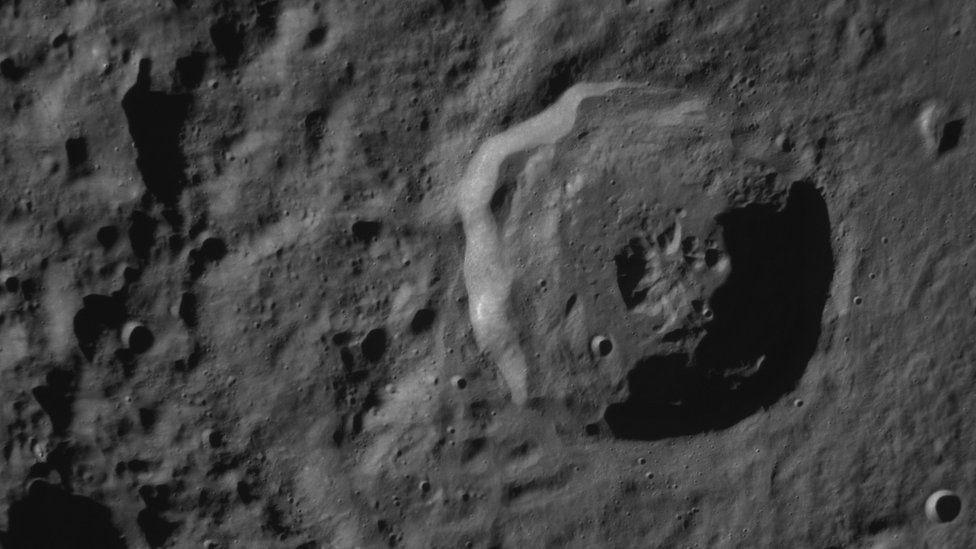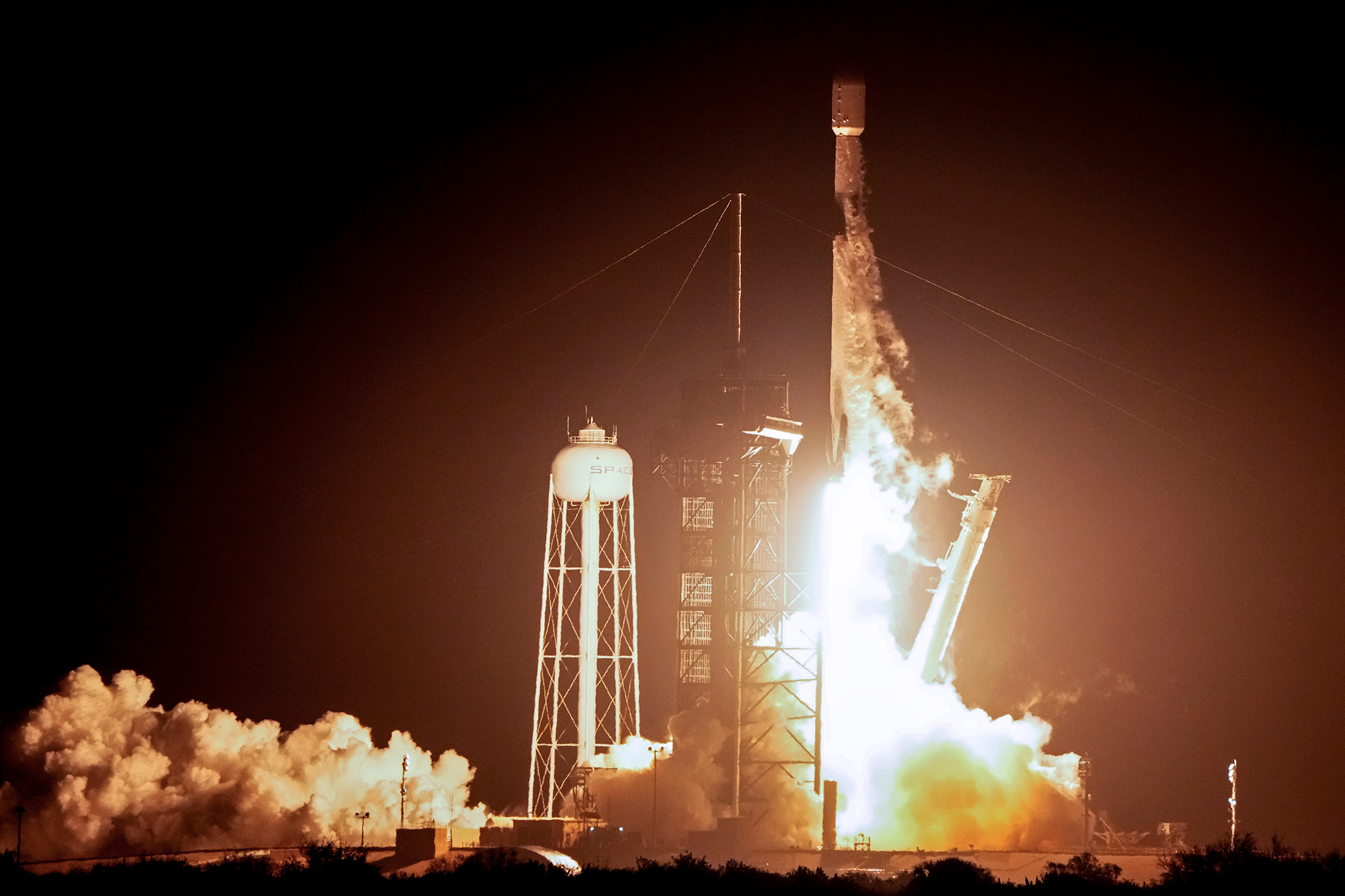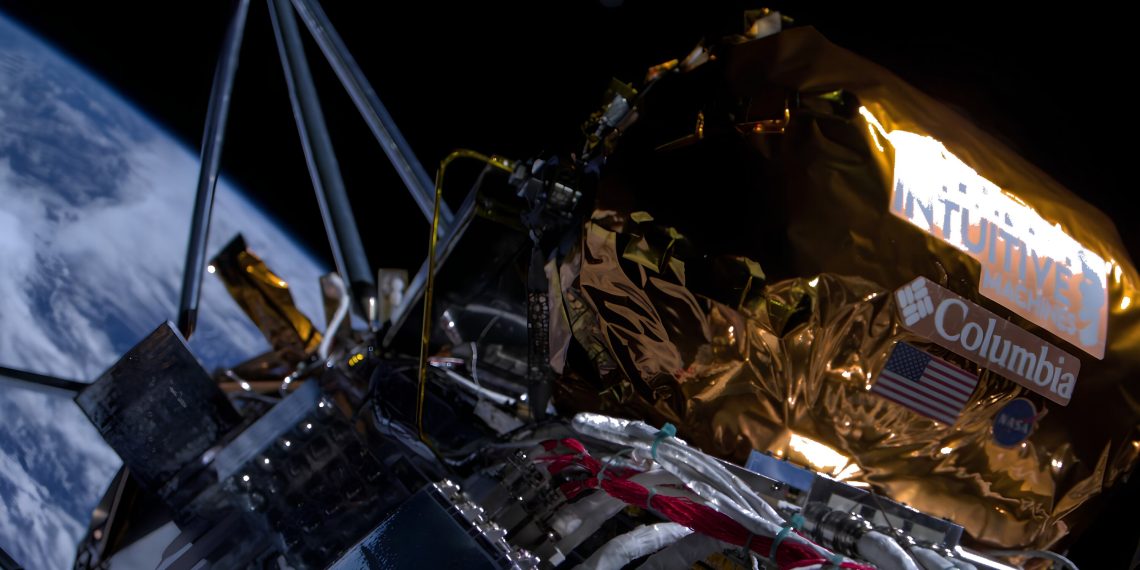Odysseus, the first U.S. spacecraft to land on the moon since 1972, faces operational hurdles as it nears the end of its lunar mission. Despite a successful landing, its battery is depleting rapidly, signaling the end of its fifth day on the lunar surface.
Intuitive Machines, based in Texas, maintains communication with Odysseus from its control center in Houston, ensuring the transmission of valuable science data despite communication challenges posed by the spacecraft’s tilted position.

A navigational glitch during descent led to a sideways landing, hindering communication and solar-charging capabilities. Intuitive Machines attributes the error to human oversight, underscoring the complexities of space exploration.
The spacecraft’s compromised position limits its ability to recharge, shortening its expected lifespan on the lunar surface. However, Odysseus continues to transmit data, surpassing initial projections for its mission duration.
Despite setbacks, Odysseus represents a significant milestone as the first U.S. spacecraft to land on the moon in nearly five decades. Its mission underscores the advancements in commercial space exploration and NASA’s Artemis program, aimed at returning astronauts to the lunar surface in the coming decade.

Despite the challenges encountered, Odysseus’ mission demonstrates the resilience and innovation driving lunar exploration efforts. While its landing may not have been ideal, the spacecraft’s contribution to scientific research marks a historic achievement in space exploration.
Odysseus’ journey serves as a testament to the dedication and perseverance of those involved in space exploration, highlighting the collaborative efforts between government agencies and private companies to push the boundaries of human knowledge and discovery.




